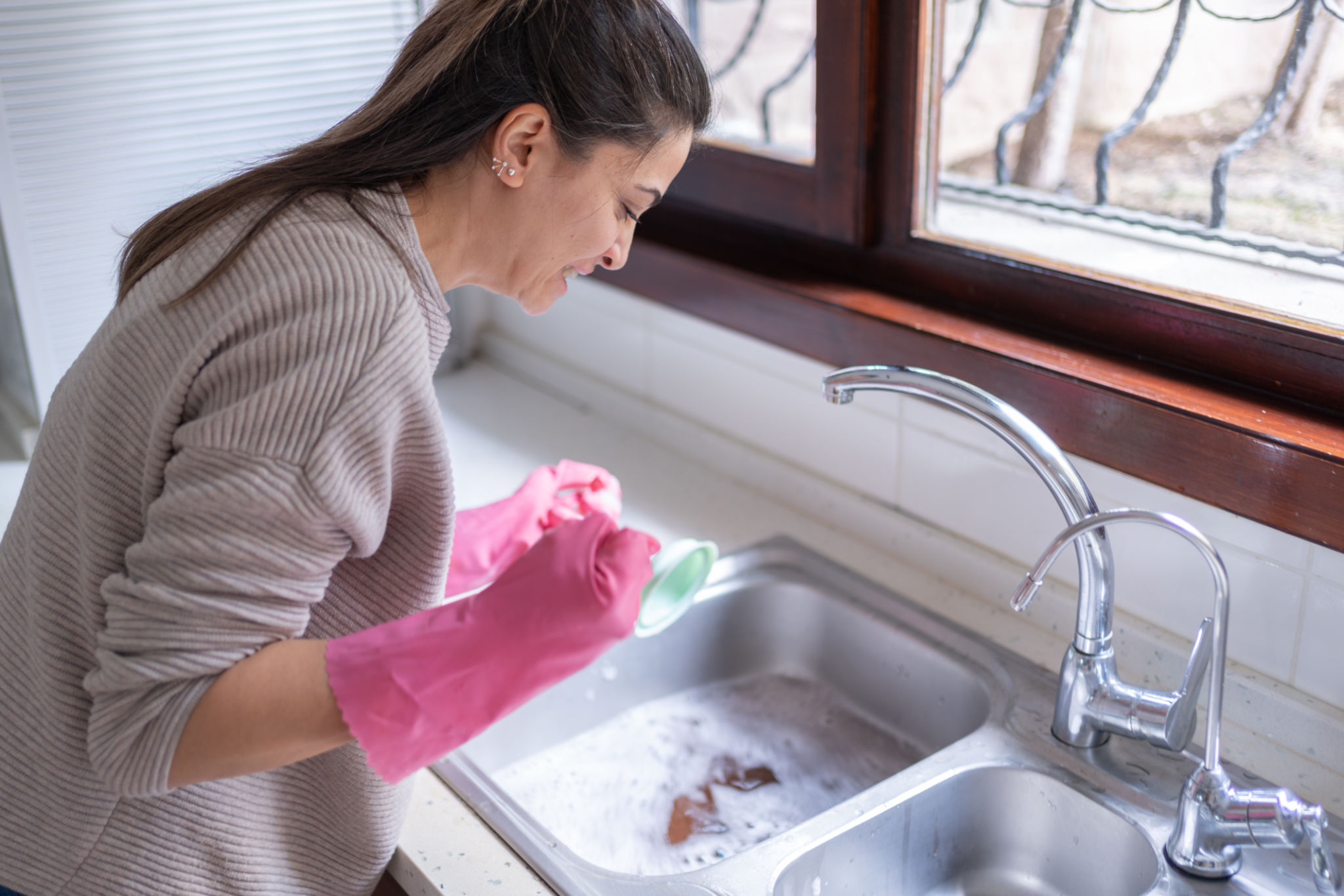The Ultimate Guide to Blocked Drains: From Causes to Solutions
Understanding the Causes of Blocked Drains
Blocked drains are a common household issue that can lead to unpleasant odors, slow water drainage, and even water damage. Understanding the root causes is the first step in preventing and addressing this problem. Typically, blockages occur due to the accumulation of debris, grease, hair, or foreign objects in the pipes. In kitchens, food particles and oil are often the culprits, while in bathrooms, hair and soap scum are common offenders.

External factors such as tree roots penetrating underground pipes can also lead to blockages. These roots are naturally attracted to the moisture within pipes and can cause significant damage if left unchecked. Regular maintenance and awareness of what goes down your drains can help mitigate these issues.
Signs That Your Drain is Blocked
One of the most obvious signs of a blocked drain is slow-draining water in sinks, bathtubs, or showers. You might also notice an unpleasant odor emanating from the affected area. Another indicator is gurgling sounds coming from the pipes, which occur when air trapped by the blockage tries to escape.

In severe cases, you may experience water backing up in sinks or toilets, which indicates a major blockage. Early detection of these signs can prevent further complications and potential damage to your plumbing system.
DIY Solutions for Minor Blockages
For minor blockages, there are several DIY solutions you can try before calling in a professional plumber. One effective method is using a plunger to dislodge the blockage. Ensure you have a good seal around the drain and use a vigorous up-and-down motion to create suction.
An alternative is pouring a mixture of baking soda and vinegar down the drain. This natural solution can help break down minor clogs. Pour half a cup of baking soda followed by half a cup of vinegar into the drain, let it sit for about 15 minutes, and then flush with hot water.
When to Call a Professional
While DIY methods are useful for minor issues, there are instances where professional help is necessary. If you've tried multiple solutions without success, or if the blockage is causing significant disruption, it's time to call a plumber. Professionals have the tools and expertise to handle severe blockages safely and effectively.

Moreover, if you suspect tree roots are causing the blockage, a professional assessment is crucial. Specialized equipment like cameras can inspect underground pipes to identify the exact problem and determine the best course of action.
Preventing Future Blockages
Prevention is key to avoiding recurring blocked drains. Regular maintenance and mindful practices can keep your plumbing system in top condition. Use drain covers to catch hair and food particles before they enter the pipes. Avoid pouring grease or oil down the sink; instead, dispose of them in a waste container.
Regularly flushing your drains with hot water can help clear minor buildups, while periodic professional inspections can catch potential problems early. With these preventative measures, you can maintain clear and functioning drains year-round.
